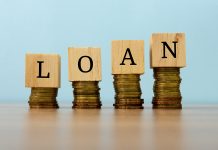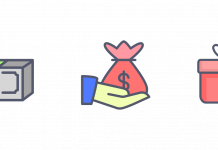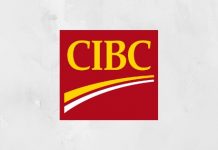The average American household has a debt of over $137,063, and that burden can feel overwhelming. Credit cards are a significant source of crippling debt, with rotating balances that average more than $5,700 per household.
In fact, most of us bear student loans, mortgages, and occasionally high-priced vehicle loans. Having a handle on your finances also requires debt restructuring to make your expenses more manageable. This is a key step in becoming debt free.
The good news is you have time to cut down expenses and clear debt. While posing the question: "How can I reduce debt and start saving?" one of the most crucial steps towards finding the solution is reducing your monthly spending to a sum within your means. To learn more about debt consolidation, continue reading.

What is Debt Consolidation?
To combine your debts, you'll want to bundle all your various debts into one single bill. The standard ways to do this is through loans. You can use a single loan to pay off your debts and create a unique repayment program. The goal is to reduce the number of bills that you have to pay attention to each month, while also reducing the amount of interest you spend on the debt each month.
Debt restructuring loans help lenders consolidate multiple high-interest debts into one payment. For all credit scores, compare our picks for the best loan options.
If you're like a lot of Americans with high credit card balances, you may be searching for ways to manage your debt. Loans to consolidate debt are one alternative that will reduce your liability and help you pay your debt off faster.
The method of merging various debts — such as credit cards, medical bills, and payday loans — into one debt with a fixed monthly payment is debt restructuring. It can both benefit and damage your credit score, so be careful. Your score may go up because you can lower your credit utilization by using the loan to pay off your credit cards.
On the other hand, applying for a loan requires a hard credit check, which can temporarily ding your credit score. Pre-qualifying for an online loan will give you access to the future terms of the loan, including the interest rate of the loan.
Best Debt Consolidation Loans for 2020
LendingClub
LendingClub debt restructuring loans offer interest rates as low as 6.95% and as high as 35.89%. Borrowers can take out loans ranging from $1,000 to $40,000 and can plan to repay their loans within 36 to 60 months. LendingClub lenders usually have a credit score above 600 and a credit history of many years. The majority of LendingClub members obtain funds within four days after signing the loan contract.
While LendingClub is highly rated among its clients, it operates slightly differently from traditional lenders. LendingClub is actually merely a marketplace, not a lender. LendingClub offers what is called peer-to-peer loans.
PersonalLoans.com
PersonalLoans.com offers loans with interest rates beginning at 5.99 percent for loan amounts of $1,000 to $35,000. The repayment period options are comprehensive, starting at 90 days and running for up to six years.
Unlike other lenders who need high credit ratings to obtain acceptance from borrowers, PersonalLoans.com is known for offering a chance to people with less-than-optimal credit. The peer-to-peer lender, PersonalLoans.com, does not charge its borrowers any fees for linking them to lenders. Individuals borrowing via a PersonalLoans.com lender typically collect funds within one day.
Avant
Avant also appears to be more accessible to applicants without perfect credit scores. With a minimum credit score of 580, users get funding as early as the next business day after approval.
Loans start at $2,000 and go to a maximum of $35,000, with interest rates ranging from 9.95% to 35.99%. Loan periods vary from two to five years, and administrative costs can be up to 4.75%. Sadly, Avant isn't accepting co-signers for those with bad credit scores.
PayOff
Payoff bills themselves are perfect for helping reduce credit card debt. Payoff will help you draw up a debt reduction strategy and help merge your credit cards to make it possible. Payoff also has relatively low APR rates, beginning at 5.99% to 24.99%.
You can borrow between $5,000 and $35,000. In addition, loan periods range from two to five years for PayOff loans.

Conclusion
Having debt doesn't necessarily mean that debt restructuring loans are right for you, even if you have a large sum that you owe. For example, a bad credit loan can be the right option if you have good to poor credit. A debt reduction loan will only be approved if you can find funding that can help you save in the long term and can pay off your debt within five years.
Additionally, if you want to consolidate your debt, you have to be able to make adjustments to your budget and expenditures. If you don't, you'll definitely end up incurring additional debt over time.
















